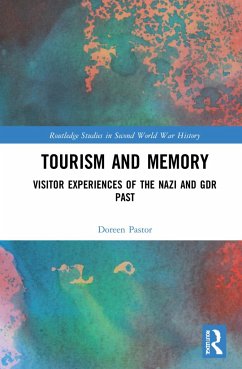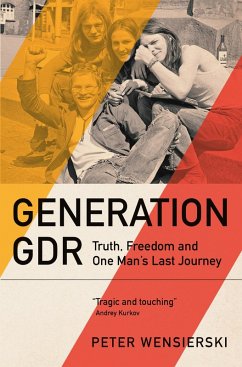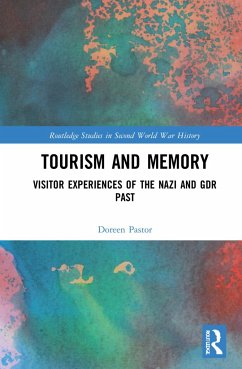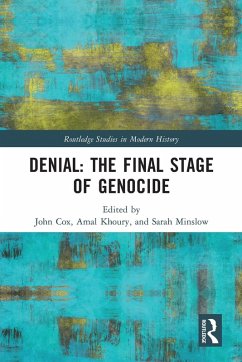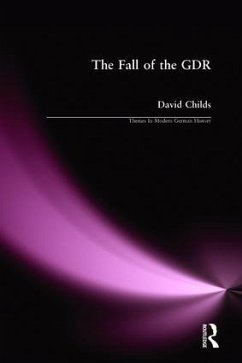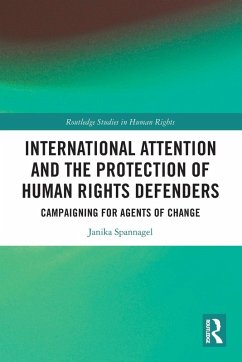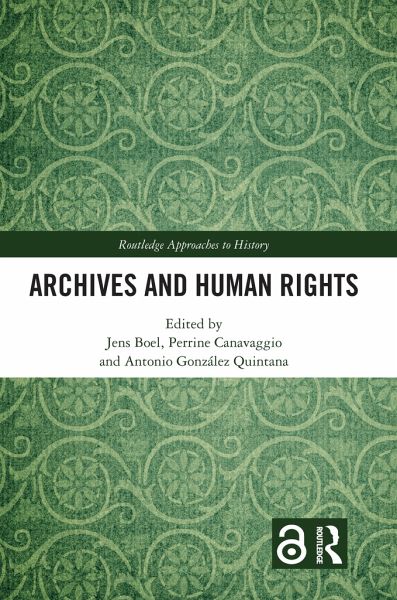
Archives and Human Rights
Versandkostenfrei!
Versandfertig in 1-2 Wochen
56,99 €
inkl. MwSt.
Weitere Ausgaben:

PAYBACK Punkte
28 °P sammeln!
Why and how can records serve as evidence of human rights violations, in particular crimes against humanity, and help the fight against impunity? This book shows the close relationship between archives and human rights and discusses the emergence, at the international level, of the principles of the right to truth, justice and reparation





